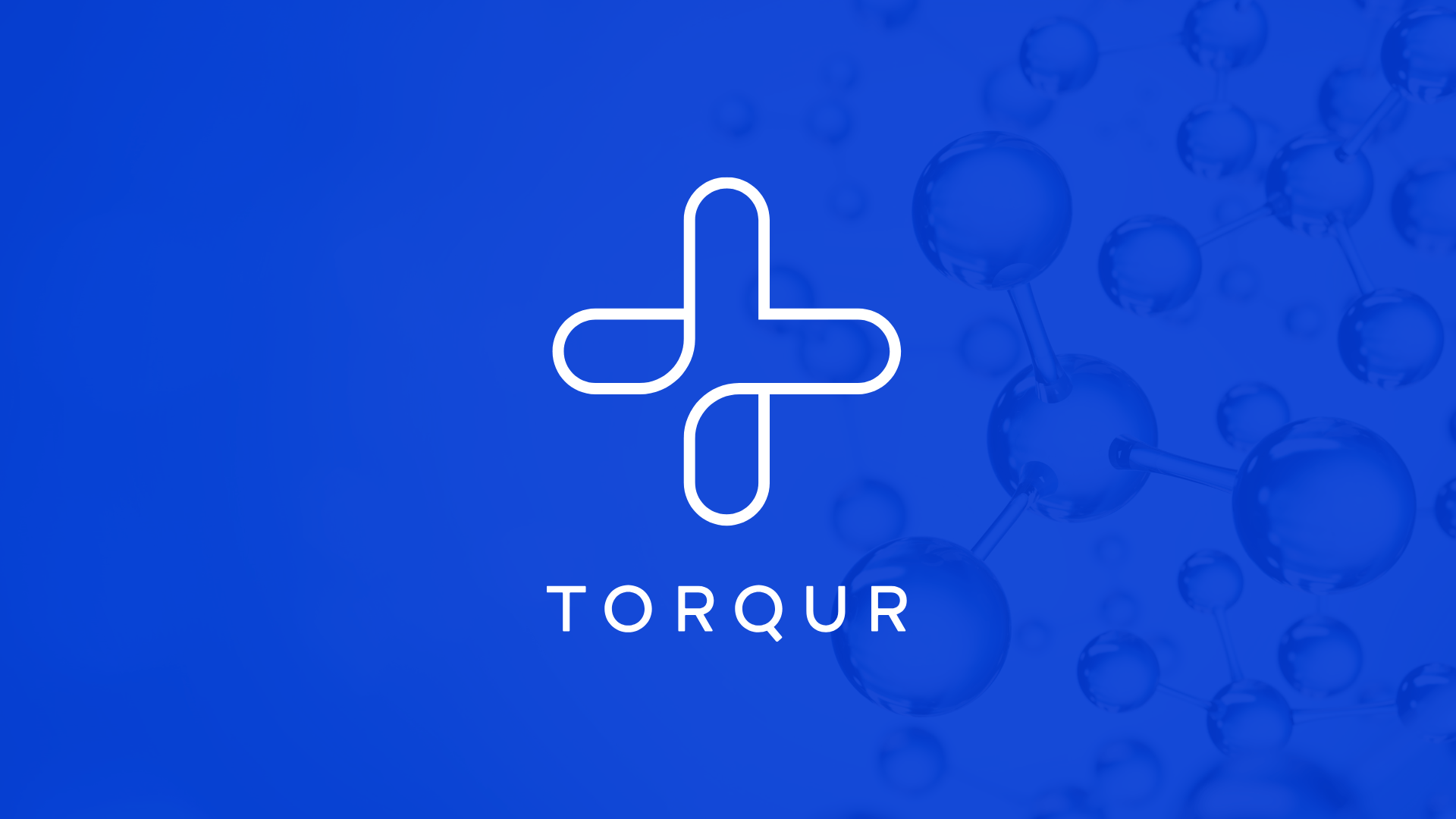Bimiralisib, Topical PI3K/mTOR Inhibitor Shows Up To 92% Clearance Rate And Superior Tolerability In Proof-Of-Concept Actinic Keratosis Study
Basel, Switzerland − Torqur AG, subsidiary of Swiss Rockets incubator and a clinical-stage company advancing targeted therapies in oncodermatology and oncology, announced the results of the full Phase 2 proof-of-concept study results of topical bimiralisib gel (2%) for the treatment of actinic keratosis (AK) at the European Academy of Dermatology and Venereology (EADV) Congress 2025 in Paris, the largest dermatology conference in Europe.
The randomized, multi-center study evaluated topical bimiralisib gel as a field-directed treatment for AK on the face, scalp, and/or back of hands. Results demonstrated substantial efficacy and a favorable safety profile, supporting further clinical development:
- Efficacy: 92% of complete or near complete response with Olsen grade 1 patients, and overall, 52% of patients in the 2-week period and 71% in the 4-week period achieved an Investigator’s Global Assessment (IGA) score of 0–1 (complete or partial clearance). All patients experienced some degree of lesion clearance after the initial treatment period. Clearance was seen in Olsen grade 1 and grade 2 AK lesions. Subanalysis showed that patients with Olsen grade 2 also had significant clearance with 48% complete or near complete response.
- Safety: Treatment was well tolerated, with related adverse events being generally local skin reactions with the vast majority being mild (only four grade 2 events), all resolving without intervention. Retreatment during the optional extension phase for up to 8 weeks was feasible without any significant or new safety concerns. Further improvements of lesions were noted with additional cases of complete clearance.
- The Phase 2 study enrolled 46 patients across two leading Swiss dermatology centers: University Hospital Basel (Prof. A. Navarini) and Lausanne University Hospital (Prof. O. Gaide).
Dr. Vladimir Cmiljanovic, CEO of Torqur AG, said: “Presenting these Phase 2 results at Europe’s most prestigious dermatology congress is a tremendous milestone. The high rates of clearance and consistently favorable tolerability profile underscore bimiralisib’s potential to become a new standard for patients with actinic keratosis. We are now preparing for the pivotal Phase 3 clinical trials and discussing with potential partners to bring this therapy closer to patients worldwide.”
Prof. Dr. Alexander Navarini, Chairman of Dermatology at University Hospital Basel and Lead Principal Investigator, commented: “These results show that bimiralisib gel 2% has both efficacy and safety across different grades of actinic keratosis. This represents a promising new non-invasive option for patients, addressing a significant unmet need in dermatology.”
Prof. Dr. Olivier Gaide, Head of the Center of Excellence for Skin Cancer and Melanoma at Lausanne University Hospital and Principal Investigator, added: “With actinic keratosis being the most common precancerous skin condition, these data highlight the great potential of this targeted topical therapy to counter progression to squamous cell carcinoma.”
Actinic keratosis affects more than 10% of Europeans and is considered the most common pre-cancerous dermatological condition driven by an overactive PI3K/mTOR pathway. Bimiralisib gel is a selective pan-PI3K/mTOR inhibitor and offers a new mechanism-based approach to treat early-stage skin lesions effectively and safely.
About Swiss Rockets AG
Swiss Rockets AG is an incubator and accelerator supporting the growth of biotech and precision healthcare companies with a focus on oncology. Its portfolio includes radioligand therapies, small molecules, and live-attenuated virus vaccines across preclinical and clinical stages.